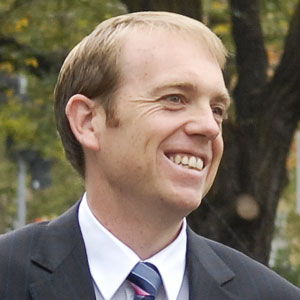ACT electricity prices will go up by 3.5 per cent from July 1, but will remain the cheapest in the country, according to ActewAGL and the Minister for the Environment and Sustainable Development, Simon Corbell.

ActewAGL’s slightly less power-hungry “average household”, which uses 7000 kilowatt-hours a month, would pay about $52 more over the year, according to a statement from the energy retailer.
Both Mr Corbell and ActewAGL general manager Ayesha Razzaq say the ACT will still enjoy the cheapest electricity in Australia.
“For example an average household in Canberra will pay approximately $1,000 less over the year compared to a similar Queanbeyan household just across the border,” Mr Corbell says.
Ms Razzaq acknowledged that higher prices were “never good news” and took the opportunity to spruik the free advice offered through ActewAGL’s “Energy Saving House Calls” program.

According to the ICRC, the network charges account for just under two thirds of the increase, while the Energy Efficiency Improvement Scheme (EEIS) makes up about one third.
“The EEIS will deliver lower bills to participating households through energy efficiency measures greatly in excess of its cost,” Mr Corbell says.
“Based on data provided by ActewAGL Retail on the first quarter of the scheme’s operation, the EEIS will save participating households an average of $118 annually in 2013-14. Approximately 30 per cent of these savings will occur in low-income households.”
“Forecasts for wholesale energy costs decreased slightly for 2013-14, bringing down the overall price rise.”
Who can be trusted?
In a world of spin and confusion, there’s never been a more important time to support independent journalism in Canberra.
If you trust our work online and want to enforce the power of independent voices, I invite you to make a small contribution.
Every dollar of support is invested back into our journalism to help keep citynews.com.au strong and free.
Thank you,
Ian Meikle, editor




Leave a Reply